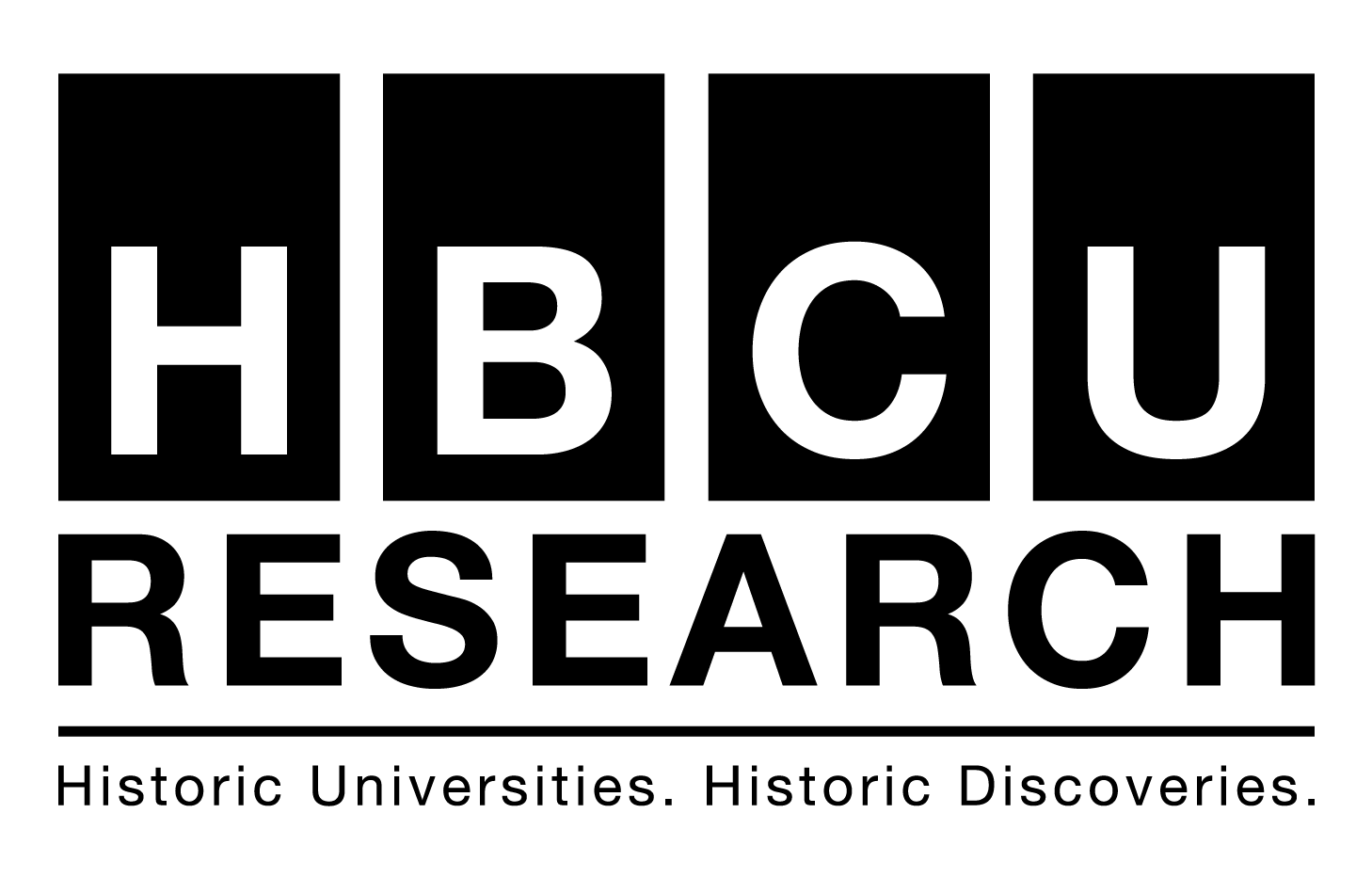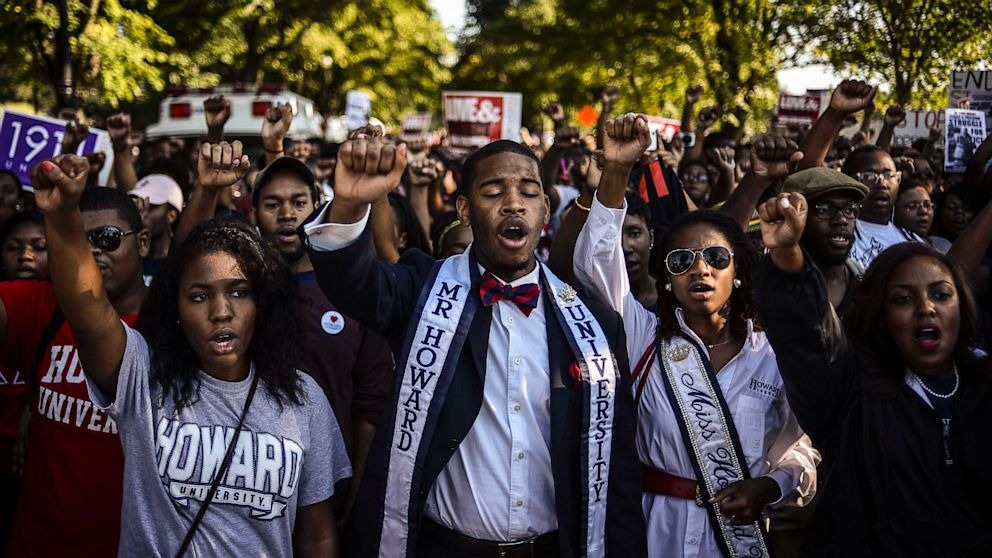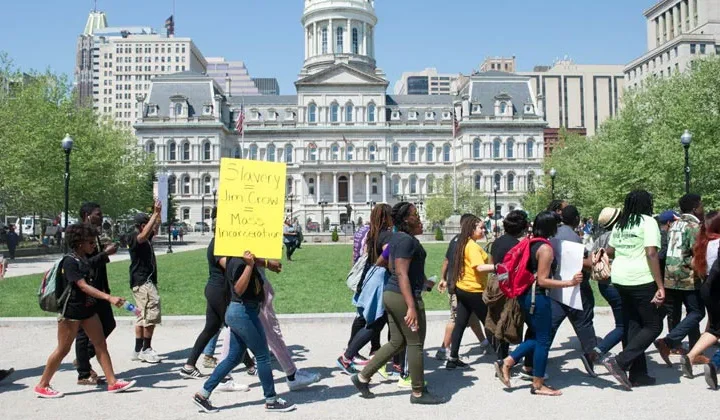HBCUs have impacted culture and society. They have shaped our youth’s minds all while breeding excellence, and they continue to do so now. Have you ever wondered how HBCUs have shaped social justice movements? Research conducted by North Carolina Agricultural and Technical State University undergraduate students Kyla Holton and Jayden Seay, along with junior political science Honors College student Keon Jordan, is shedding new light on the role historically Black colleges and universities (HBCUs) have played in shaping social justice movements.
Their research offers fresh insights into the ways HBCUs helped foster the political idealism and activism that propelled the Student Nonviolent Coordinating Committee (SNCC) and its voting rights efforts.
“We had to go through places that traditional research ignores to find these narratives and to rebuild these stories of resistance,” said Seay, an Honors College senior and February One Scholar from Woodbridge, Virginia who is studying history education in N.C. A&T’s College of Education. “As we look to the future, we have to remember that the same pieces hidden in history are the pieces hidden out in the world. While we look for solutions, it’s about piecing it all back together,” he stated.
Holton, a senior liberal studies major and Dowdy Scholar from Raleigh, North Carolina, said this idea also bolsters a sense of HBCU idealism, which suggests that education isn’t just about personal advancement but also about contributing to society and making a positive impact. “I’ve learned that HBCUs are really at the foundation of everything. With every single movement, we have been the backbone,” she said. “When you look at how Black people gather in a safe space, it was at churches and HBCUs. That’s where they were able to gather without being harassed and killed. “We created these spaces, and I don’t think people give respect where respect is due.”
The two, along with 16 CAHSS students, presented their findings as a part of their political research methods course taught by Ayanna Armstrong, Ph.D., assistant history and political science professor.
In this course, students learn procedures for collecting and analyzing political data through qualitative and quantitative research methodologies. As a part of their final exam, they submit their findings to professional conferences and journals for publishing.





